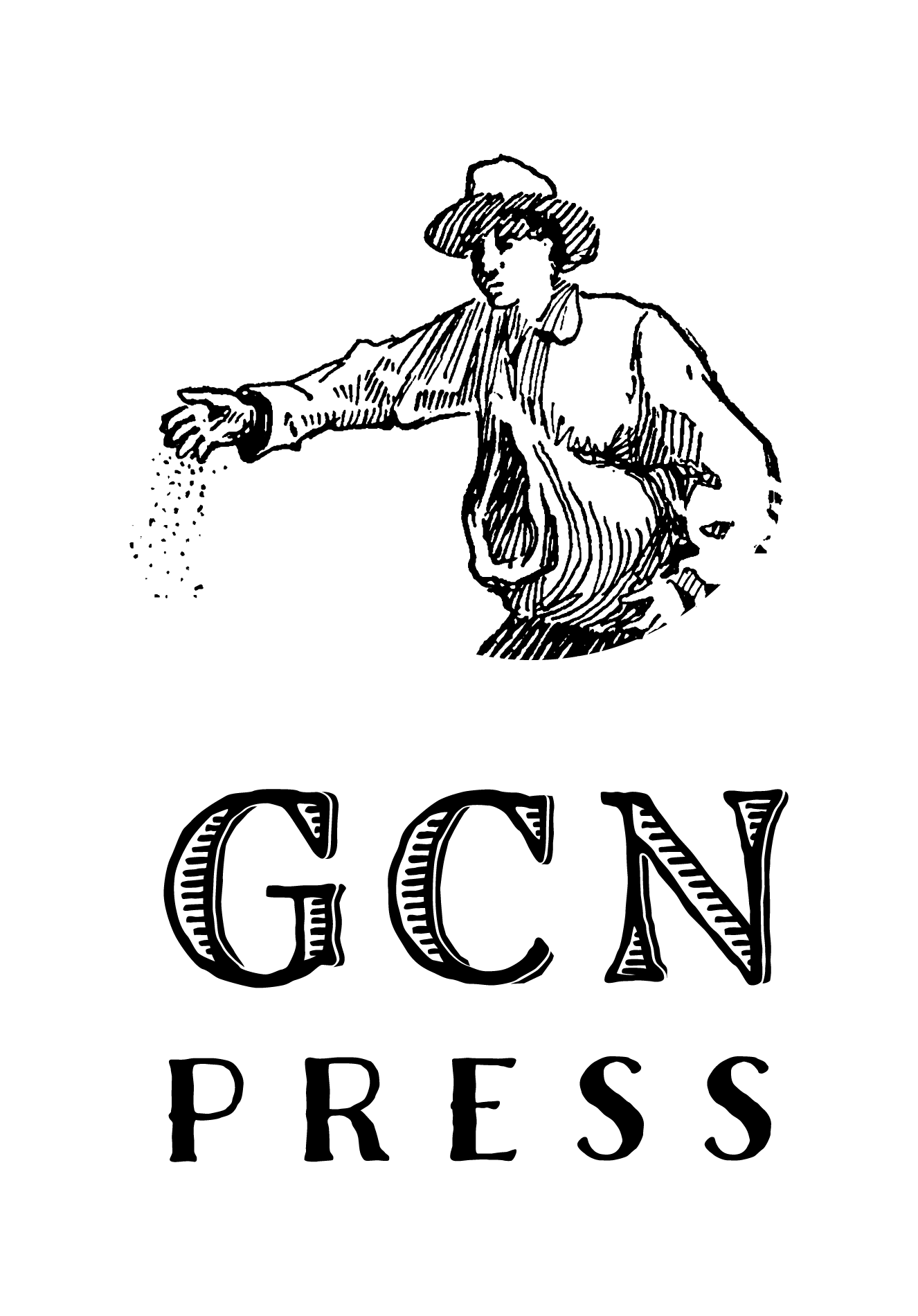How Businesses Can Improve Communities
In an age when businesses and business leaders are stereotypically perceived as corrupt destroyers of civilization, a brief view of business history might yank us out of our gloomy mood. And, in the midst of the Covid-19 pandemic, businesses can and should find ways to serve communities. This article by GCN founder Donald McGilchrist reminds us of how businesses can play a vital role in the well-being of people.
By Donald McGilchrist
The Quakers were fewer than 1 percent of the people of Victorian England, but their combination of industry, frugality and exclusion from the universities led them into success in commerce and banking. They believed that businesses could be profitable, bring benefits to society, and encourage spiritual growth.
Three Quaker families innovated with cocoa, which was thought to be medicinal and an attractive alternative to alcohol. These families were the Frys, the Cadburys, and the Rowntrees. They were sometimes referred to as “the chocolate trinity.”
Let’s look at only one, the Cadburys, founded in 1831 by John Cadbury (1801-1880). He and his family accomplished the following:
Active in temperance societies
Led the movement to ban use of climbing boys as chimney sweeps
Led in the struggle against cruelty to animals
Negotiated special worker’s fares from the railways
Provided swimming pools and sports fields for their employees
Established an employee pension fund in 1906
Were the pioneers in introducing five-day work weeks
Provided medical facilities and community gardens for employees
Built a Garden City which they called Bournville on the edge of Birmingham, with 400+ homes
Founded the Bournville Village Trust in 1900: it financed charitable causes including homes for pensioners
Taught on business ethics
Believed in gender equality before God: some factory departments were run by women
Their success in business came from the reputation they built for absolute integrity and their commitment to education. All this, during the late eighteenth and nineteenth centuries, against a backdrop of many industrial abuses.
In 1901, rumors reached the Cadburys in Birmingham that their supplies of cocoa from the Portuguese West African islands of Sao Tome and Principe, which supplied nearly 55 percent of the firm’s UK consumption, were cultivated not by contract labor but by slave labor. The company acted decisively.
They assigned William Cadbury to meet the planters in Lisbon (1903) and then they combined with three other cocoa manufacturers to pay for a thorough investigation. They sent Quaker Joseph Burtt and a physician to make survey trips to Sao Tome and to Angola (1905 and 1906). Burtt concluded that it was tantamount to slave labor (1907) and additional Quakers were sent on trips to confirm what Burtt had found. The Board of Cadburys then donated all profits from 1902 to 1908 to benevolent purposes and instituted a permanent boycott of Sao Tome cocoa. They ramped up non-slave production in Ghana from 1908, and by the 1920s Ghana was producing 40 percent of the world’s cocoa beans.
